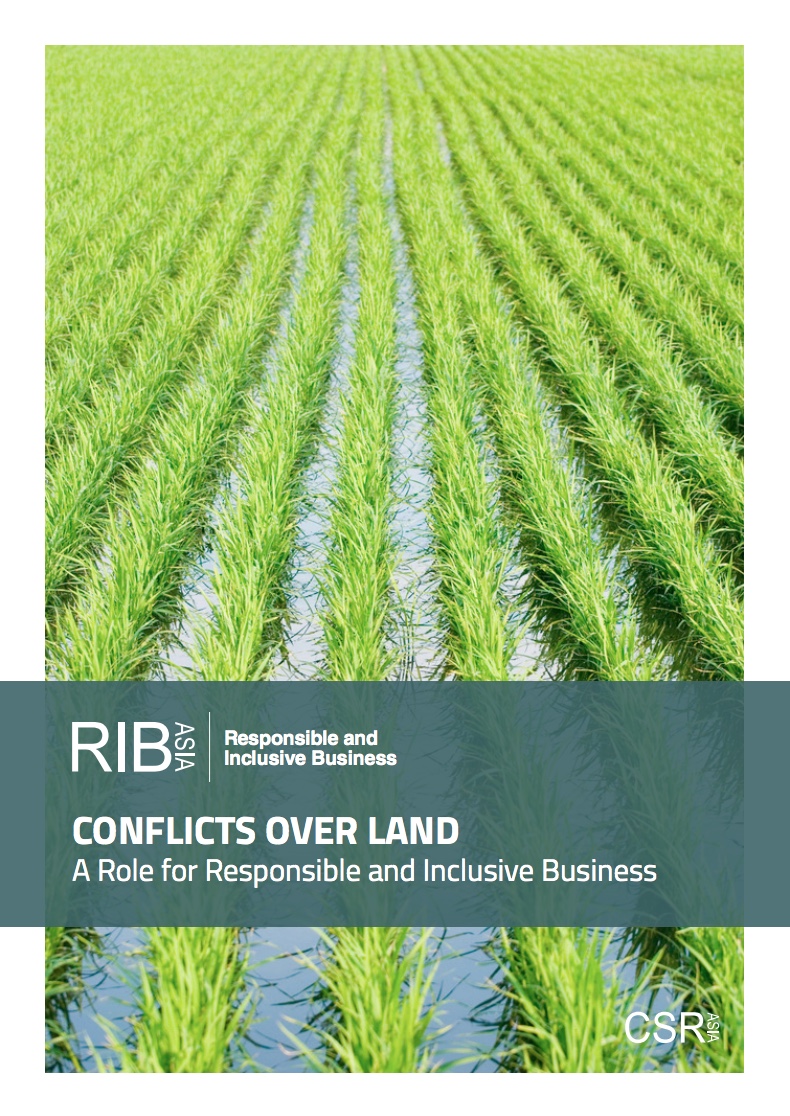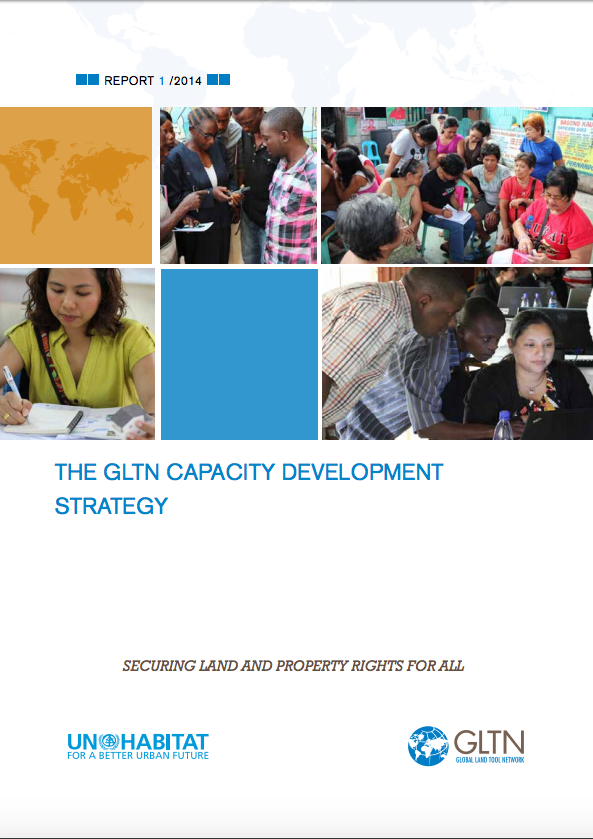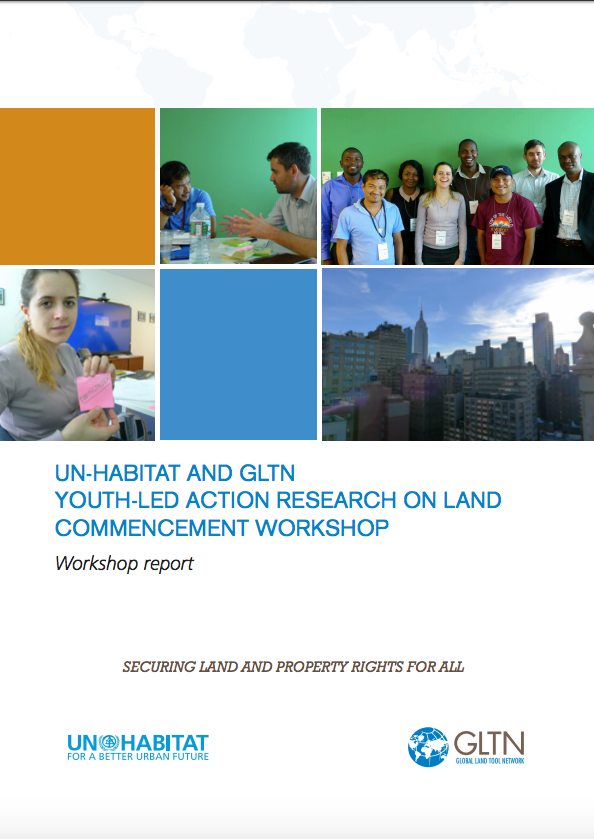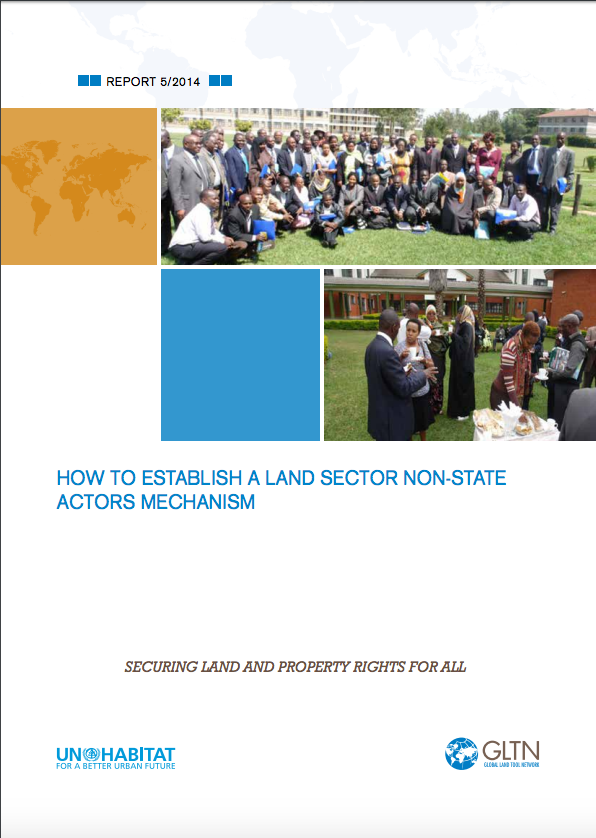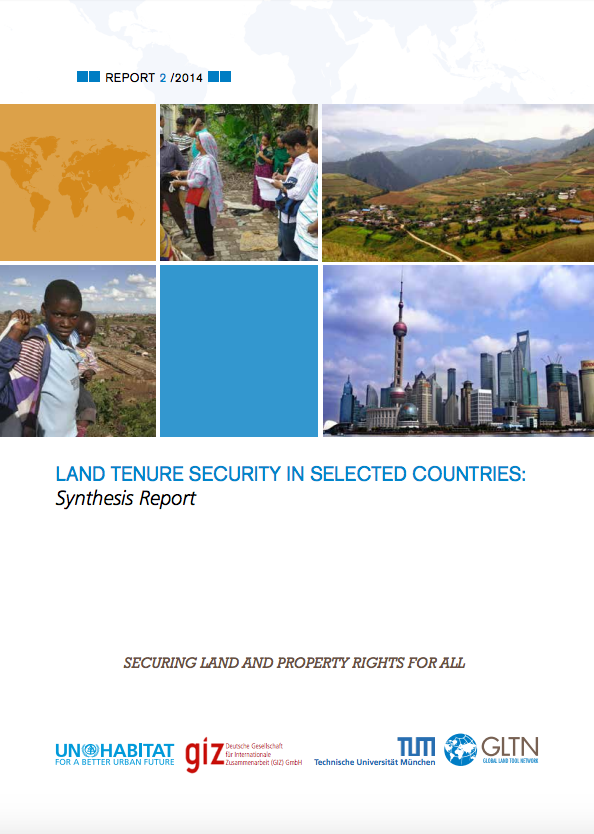Conflicts Over Land - A Role for Responsible and Inclusive Business
This briefing paper makes the case for proactive business engagement in respecting land rights and ensuring legal, fair and inclusive practices on land use, access to natural resources and equitable development opportunities. It outlines key challenges, provides an overview of existing instruments that can help companies address issues related to land, and points to practical entry points for improved business practices.

